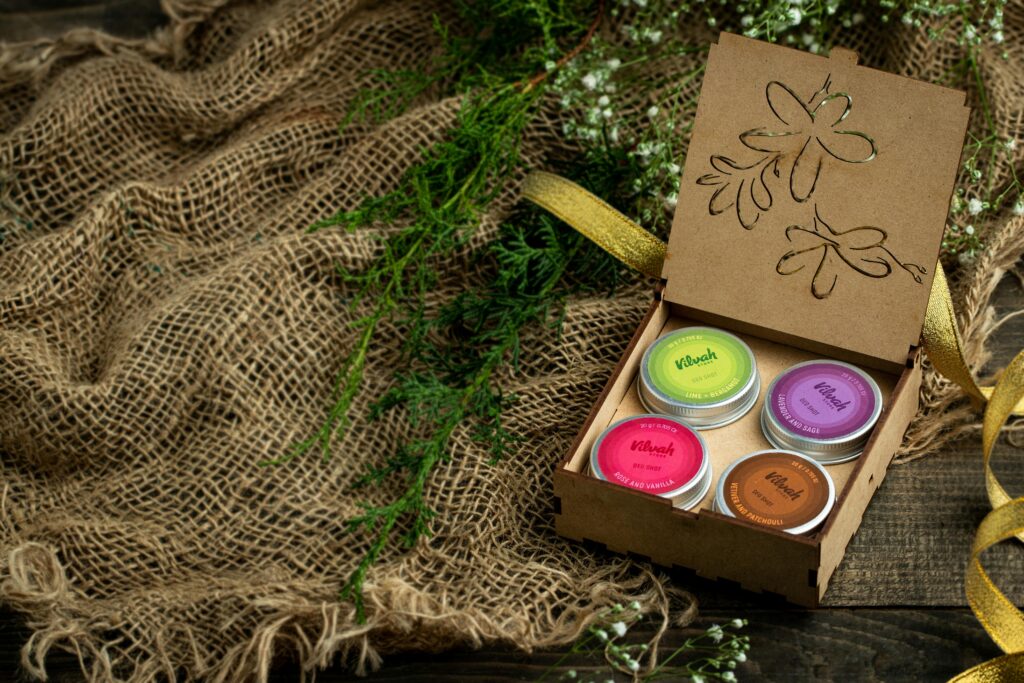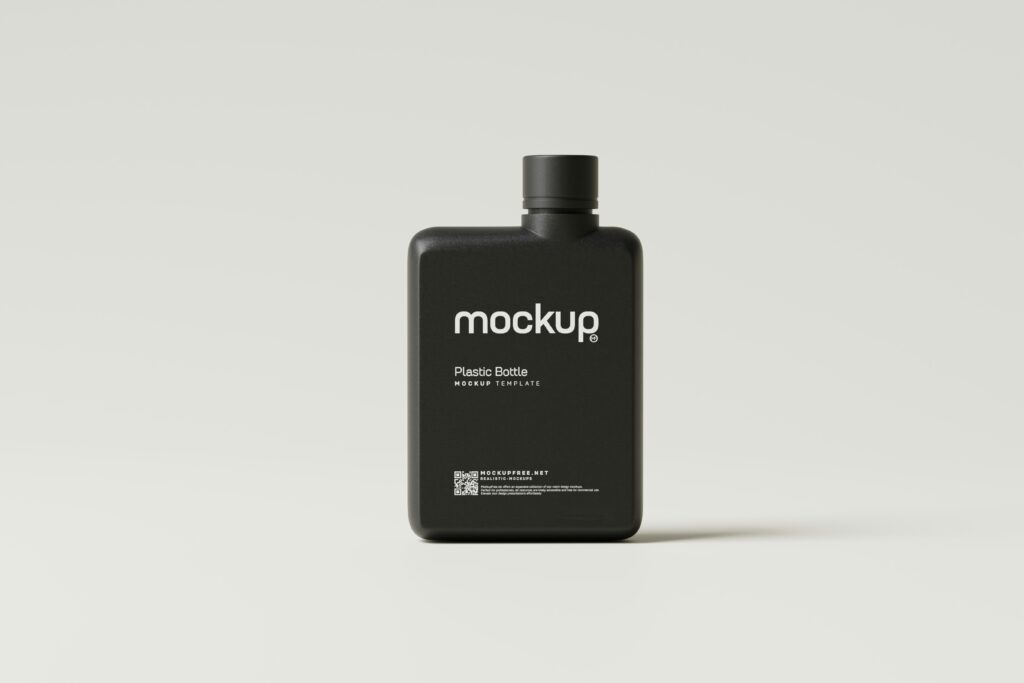“Ever stared at a long list of unpronounceable ingredients on your moisturizer label and thought, ‘Am I putting a science experiment on my face?'” If this hits home, you’re not alone. Many beauty enthusiasts are ditching synthetic products for organic moisturizers that embrace Plant-Based Care.
In this post, we’ll explore why plant-based skincare is more than just a buzzword. From understanding its benefits to how you can choose the right product, this guide will make you rethink your routine. You’ll also learn tips to avoid greenwashing, hear inspiring stories from real users, and discover common mistakes you’re probably making.
Table of Contents
- Why Plant-Based Care Matters for Your Skin
- Step-by-Step Guide to Choosing an Organic Moisturizer
- Best Practices for Using Organic Moisturizers Effectively
- Success Stories From Real Users
- FAQs About Organic and Natural Beauty
Key Takeaways
- Plant-based skincare leverages nature’s potency without harmful chemicals.
- Picking the right organic moisturizer requires reading labels like a pro.
- Greenwashing exists—be skeptical of brands making vague claims.
- Mistakes happen: Patch testing is non-negotiable!
- Real people have seen transformative results with plant-based care.
Why Plant-Based Care Matters for Your Skin
Think back to when I used a popular drugstore lotion because it was “clinically tested.” Spoiler alert: It irritated my skin so badly, I resembled a tomato within hours. Lesson learned? Nature often knows best. Plant-derived ingredients like aloe vera, shea butter, and jojoba oil work in harmony with your skin’s biology instead of fighting against it.

Did you know over 60% of what you apply to your skin gets absorbed into your bloodstream? That means feeding your skin junk food isn’t doing your body any favors. Opting for products infused with natural goodness ensures you don’t overload your system with toxins.
“Optimist Me:* ‘Switching to plant-based care will clear my acne overnight!’
Grumpy Me:* ‘Yeah, right—who needs unrealistic expectations on top of breakouts?’*”
Step-by-Step Guide to Choosing an Organic Moisturizer
Now let’s get practical. Selecting the perfect organic moisturizer might feel overwhelming, but here’s how to nail it:
- Evaluate Certifications: Look for seals like USDA Organic or COSMOS—it’s like getting an A+ grade for being truly organic.
- Scan Ingredient Lists: If the first five items sound like something out of Breaking Bad, run! Stick to recognizable botanicals.
- Understand Your Skin Type: Is your skin oily, dry, sensitive, or combo? Match these needs with appropriate formulas (e.g., lightweight oils for oily types).
- Check Ethical Sourcing: No one wants glow at the cost of harming ecosystems. Choose cruelty-free options whenever possible.
- Test First: Always do a patch test before slathering all over. Skin reactions are unpredictable—they’re basically the plot twist in every skincare drama.

Best Practices for Using Organic Moisturizers Effectively
Here’s where we crush some myths and share actionable advice:
- Less Is More: Unlike chemical-laden lotions, organic moisturizers pack concentrated nourishment—you won’t need buckets to see results.
- Layer Like a Pro: Apply after cleansing while your skin is damp; water acts as a carrier to help active ingredients penetrate deeper.
- Avoid Hot Water: Boiling-hot showers strip moisture faster than spilled coffee ruins jeans. Lukewarm water is your BFF.
- Be Patient: Your skin may go through a detox phase when transitioning—think of it as hitting reset rather than rejection.
Rant Section: Can we talk about the infuriating trend of calling *everything* natural? Slapping a succulent leaf on packaging doesn’t mean squat if the formula still contains sulfates. Do better, marketers!
Success Stories From Real Users
“I switched to organic moisturizers last year after years of battling eczema flares. Shea butter changed my life—I haven’t used cortisone cream since!” —Sarah L., EcoBeauty Advocate
“Before trying argan oil blends, my complexion looked duller than yesterday’s bread. Now? Friends ask if I’ve been secretly photoshopped.” —James K., Skincare Convert

FAQs About Organic and Natural Beauty
Are organic moisturizers suitable for all skin types?
Yes! Most plant-based formulas cater to diverse needs—from hydrating dry patches with ceramides to calming redness with chamomile extracts.
Do I need to spend a fortune on organic moisturizers?
Nope! While pricier options exist, affordable gems abound. The key lies in prioritizing quality ingredients over fancy branding.
How can I tell if a product is genuinely organic?
Beyond certifications, look for full transparency in sourcing and minimal processing methods. Brands serious about sustainability wear their ethical badges proudly.
Will switching mess up my current routine?
Taking things slow helps ease transitions. Gradually phase out harsh synthetics while introducing gentle naturals—one small step toward glowy greatness!
Conclusion
To wrap it up: Plant-Based Care offers unmatched nourishment for both your skin and overall well-being. By arming yourself with knowledge and skepticism, you’ll find a moisturizer that aligns with your values—and delivers stellar results. Remember, Rome wasn’t built in a day—and neither is flawless skin.
Like waiting eagerly for the final season of your favorite show, patience pays off in the world of organic skincare. Keep nurturing those cells responsibly, folks.
“Just like Tamagotchis needing constant love, your skin craves daily attention too.” 🌿✨


